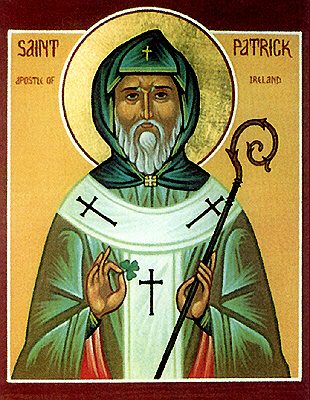Recently I was driving home from work listening to one of the many Christian radio stations here in the Central California valley. The DJ was talking about how when he had first moved to a new town he and his wife decided to attend a local church to possibly find some people to connect with. They showed up early to attend on of the Sunday school classes and purposely picked one with young couples. There was about a half dozen couples in the class. The DJ said he was rather cordial and said hello to some of the people in the class. They returned his greeting but not much more than that. After the class they waited around for a little bit hoping to strike up a conversation with someone, but to not avail. They then went to the service and exchanged some polite greetings but nothing more. After the service they decided not to return to that church.
Fast forward to a few years later and an acquaintance of the DJ invited the DJ and his wife to his church, which turned out to be the very same one where they received the polite, yet indifferent, greetings. They went and during the service they were seated in the front row. The pastor introduced them to the entire congregation of a few hundred, or more, members. The DJ found out afterward that someone from the church had discovered he was a DJ at a local Christian radio station and that was the reason for the invite.
This, unfortunately, illustrates how many large, and some small, churches welcome new people. I have certainly witnessed both kinds. One large non-denominational church I attended did not do a very good job at welcoming new people. In fact they were one of those churches who even dissuade members from bringing their children under a certain age (generally middle school/junior high age) from sitting with them in the service. They usually have Sunday school classes or nursery provided, or other places on the church’s campus where a whole family can sit together to hold down “distraction” during the service in the main sanctuary.
I did attend, however, an Assembly of God church that had a whole ministry around welcoming new people to the church. Though, unfortunately, they also had the same philosophy on having children in the service, though it was much more subtle.
Our current church has taken hospitality and fellowship a step further and designates a “host family” who are responsible for inviting guests to the church, as well as members who live out of town, over for the afternoon for lunch and fellowship between the morning and evening services.
But what they story about the DJ also illustrates is an unfortunate practice of only showing hospitality to those they deem “worthy” of it. This is truly a sad approach at hospitality and fellowship. It is almost worse than not being hospitable at all.
It is no secret that one of the ways people decide to continue attending, or even becoming members of, a church, aside from the very important issue of what is being taught, is how they are greeted and treated on their initial visit. If a church not only has sound biblical doctrine being taught from week to week, but also has a warm hospitable attitude people will come from miles away just to make it their church home.
Fellowship is a large part of a healthy, growing congregation. And it all is set by the tone of the leadership of the church. If the leadership; including the elders, pastor, and deacons; has an attitude of intimidation it can filter down to the congregation. In the case of the church in this example it seems that the leadership is more concerned with attracting more affluent people to the church, which was obviously displayed during the experience of this DJ’s two visits to the church. Quite frankly, if it were me, I would have left and never returned after the, arguably, inappropriate display made by the pastor in front of the entire congregation.
How does your church receive new visitors? Are they welcomed with warm hospitality and fellowship, or are they sized up before anyone even approaches them?
This is a call out to both church leaders and members of congregations to ask themselves how they welcome new people.





